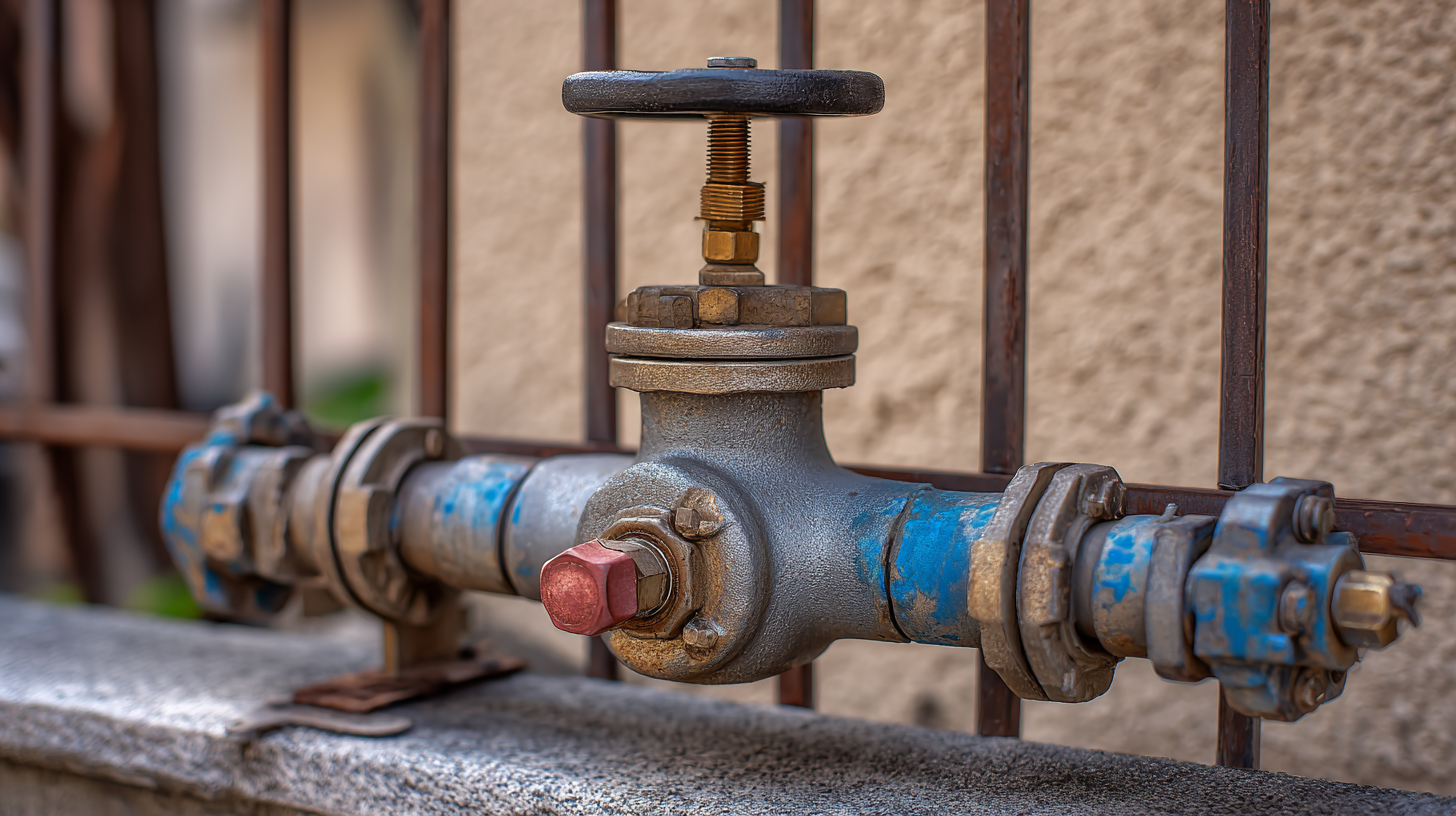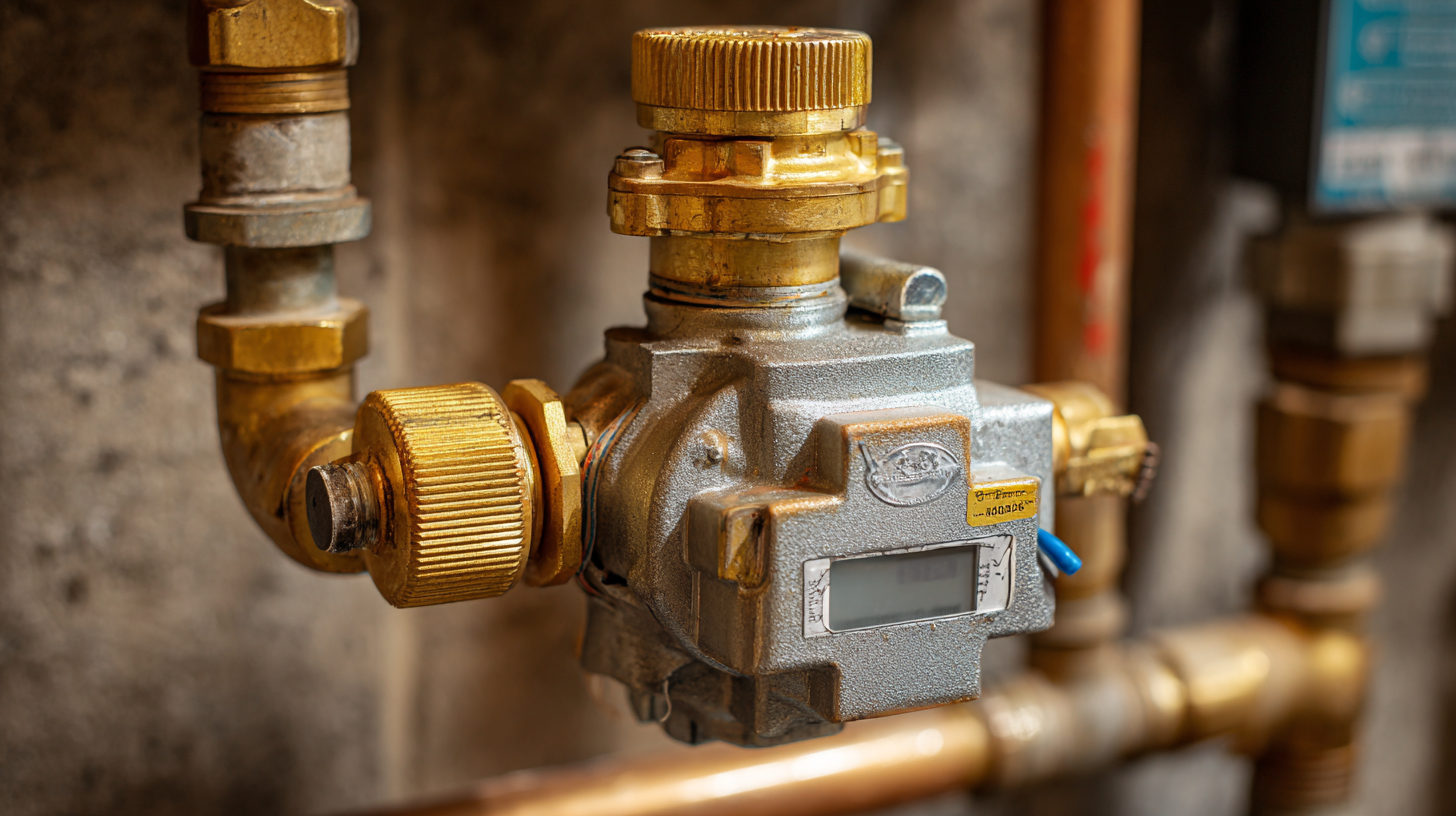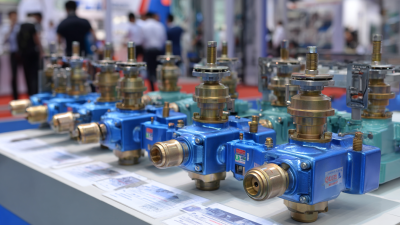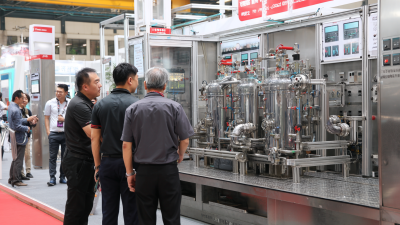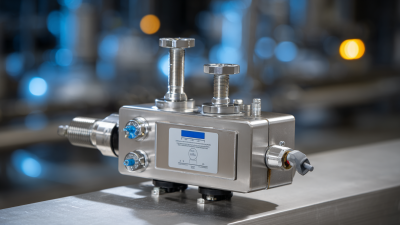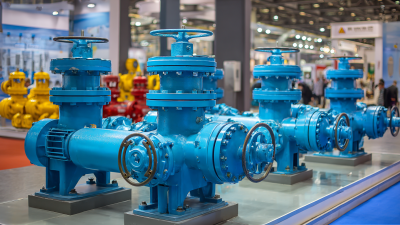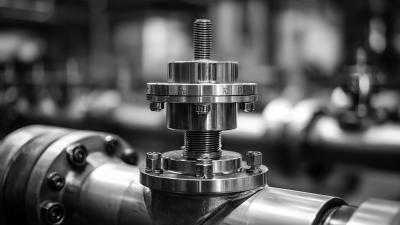The Complete Guide to Choosing the Right Gas Valve for Your Home Heating System
Choosing the right gas valve for your home heating system is crucial for ensuring efficiency, safety, and longevity of the system. With the heating sector accounting for approximately 42% of residential energy usage in the United States, according to the U.S. Department of Energy, selecting an appropriate gas valve can significantly impact energy consumption and costs. Gas valves play a vital role in controlling the flow of gas to systems such as furnaces and water heaters, directly influencing their performance. The market for gas valves is projected to grow steadily, reflecting the increasing focus on energy-efficient home solutions. Understanding the different types of gas valves and their applications can empower homeowners to make informed decisions, ultimately leading to improved safety and enhanced comfort within their homes.
Essential Features to Look for in Gas Valves for Home Heating Systems
When selecting a gas valve for your home heating system, certain essential features must be considered to ensure safety and efficiency. First and foremost, it is crucial to choose a valve that meets industry safety standards. Look for certifications from recognized organizations, such as the American National Standards Institute (ANSI) or the Underwriters Laboratories (UL), which indicate that the valve has undergone rigorous testing for reliability and performance. Additionally, consider the valve's pressure rating, as it should match the specifications of your heating system to prevent leaks or failures during operation.
Another important feature to look for is the type of actuator system. Gas valves can be manual or automatic; automatic valves provide enhanced convenience and better control over gas flow. Opt for a valve with a durable construction, often made from brass or stainless steel, to ensure longevity. Additionally, compatibility with smart home systems can be a significant advantage, allowing for remote monitoring and control, which further enhances the safety and efficiency of your heating setup. Properly evaluating these features will lead to a more informed choice, ultimately improving your home heating experience.
Understanding BTU Ratings: Choosing the Right Valve Capacity for Your Needs
When choosing the right gas valve for your home heating system, understanding the BTU (British Thermal Unit) ratings is crucial. BTU ratings indicate the amount of heat a burner can produce, and selecting a valve with the appropriate capacity ensures efficient and effective heating for your space. For hydronic baseboard heating systems, it’s vital to calculate the total BTU needs of the room based on its size, insulation, and heating preferences. For example, a well-insulated room may require about 30-40 BTUs per square foot while older, poorly insulated areas might need up to 50 BTUs.
Tips: Always consider the specific requirements of your home when selecting a gas valve. Consulting a professional can help determine the exact BTU needs, preventing over or under-sizing of your heating system. Additionally, modern hydronic baseboard heaters tend to be more energy-efficient than traditional models, which can lead to substantial energy savings over time.
When assessing valve capacity, it's also important to review the manufacturer's specifications to ensure compatibility with your heating system. Using the right gas valve not only optimizes performance but also enhances safety, as undersized or oversized valves can lead to heating inefficiencies or increased risks of gas leaks.
The Complete Guide to Choosing the Right Gas Valve for Your Home Heating System
Understanding BTU Ratings: This chart illustrates different BTU ratings and their corresponding valve capacities to help homeowners select the right gas valve for their heating systems.
Safety Standards: What Compliance Means for Your Home Heating Gas Valve
When selecting a gas valve for your home heating system, understanding safety standards is crucial. Compliance with local and national regulations ensures that the gas valve operates efficiently and safely under typical household conditions. These standards include factors such as pressure ratings, materials used, and emergency shut-off mechanisms. A valve that meets these safety criteria can significantly reduce the risk of gas leaks and potential hazards, providing peace of mind to homeowners.
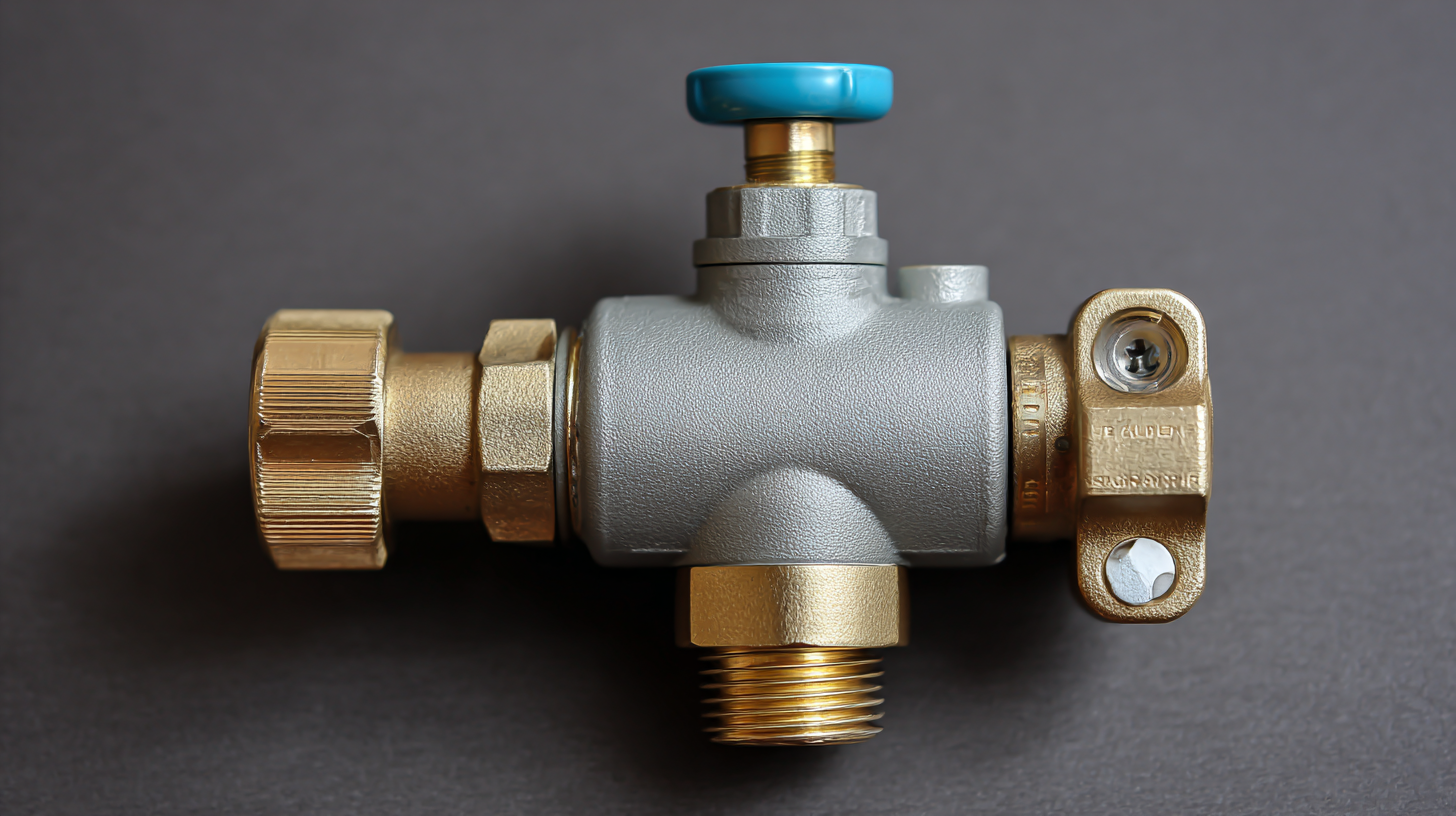
Moreover, adhering to compliance standards is not just about safety; it also plays a role in the overall performance of your heating system. Valves that are built to these standards are designed to withstand fluctuations in pressure and temperature, which can prolong the life of your heating system. When choosing a gas valve, look for certifications from recognized organizations that indicate compliance with safety standards. This ensures that you are making an informed decision that prioritizes both safety and efficiency in your home heating setup.
Material Matters: Durable Valve Options for Different Heating Applications
When selecting a gas valve for your home heating system, the material of the valve plays a critical role in ensuring durability and reliability. Different heating applications require distinct materials to withstand varying pressures and temperatures. Common materials for gas valves include brass, stainless steel, and various alloys, each offering unique advantages. For instance, stainless steel valves are ideal for high-temperature scenarios, while brass valves provide excellent resistance to corrosion, making them suitable for residential heating systems.
Tips: When choosing a gas valve, always consider the specific requirements of your heating system. Ensure that the valves comply with safety standards and are compatible with the fuel type you are using. Additionally, think about the valve's maintenance needs; some materials may require more frequent servicing to maintain optimal performance.
Keep in mind that just as serious racers opt for robust billet components in engine building for enhanced performance, homeowners should choose high-quality valves to prevent costly repairs and ensure the longevity of their heating systems. Investing in durable valve options will pay off in the long run, providing peace of mind during chilly months.
The Complete Guide to Choosing the Right Gas Valve for Your Home Heating System
| Valve Type |
Material |
Durability |
Applications |
Temperature Rating(°F) |
| Ball Valve |
Brass |
High |
Residential Heating |
-50 to 300 |
| Gate Valve |
Stainless Steel |
Very High |
Industrial Heating |
-60 to 450 |
| Check Valve |
PVC |
Moderate |
Residential and Commercial Heating |
-40 to 140 |
| Butterfly Valve |
Aluminum |
High |
Commercial Heating |
-40 to 250 |
| Solenoid Valve |
Brass |
High |
Automated Systems |
-10 to 250 |
Maintenance Tips: Extending the Lifespan of Your Home's Gas Valve System
Maintaining your home's gas valve system is crucial for ensuring safety and efficiency in your heating system. Regular inspections should be a priority; homeowners should visually check for any signs of wear or corrosion around the gas valves. Listening for unusual sounds, like hissing or popping, can also indicate a problem. If any abnormalities are detected, it’s advisable to contact a professional to assess the situation. Keeping an eye on the pressure levels can help identify potential issues before they escalate.
In addition to regular checks, cleaning the gas valve regularly is essential to prevent dirt and debris accumulation, which can affect performance. Lubricating movable parts can help maintain smooth operation, but it’s important to use the recommended lubricants to avoid damage. Consider implementing a yearly maintenance schedule with a qualified technician who can perform comprehensive checks, including testing the valve's functionality and addressing any necessary repairs. Proper care not only extends the lifespan of your gas valve system but also ensures the safety and comfort of your home heating setup.
